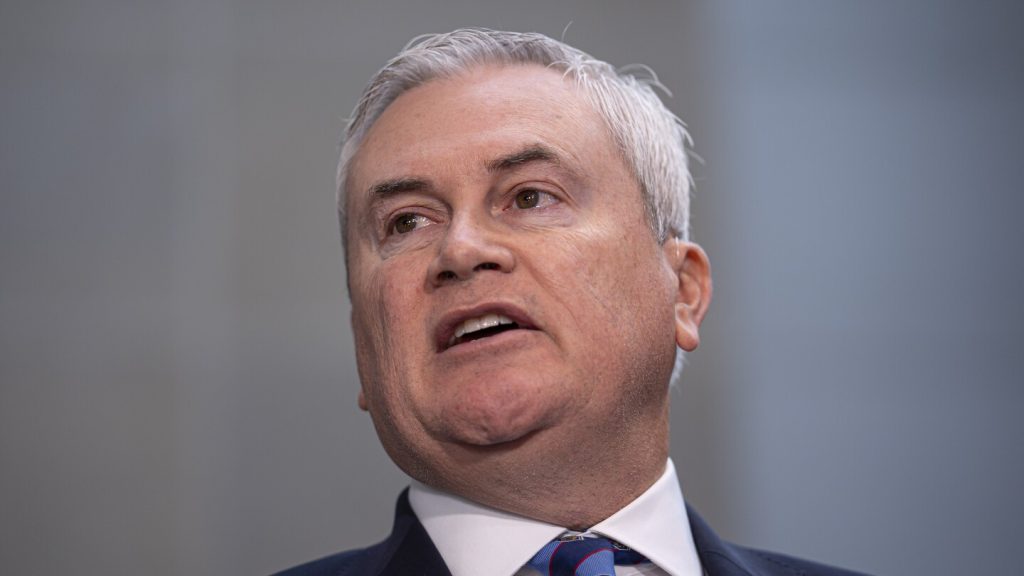The White House has rejected an invitation from House Republicans for President Joe Biden to testify in the GOP’s impeachment inquiry. The White House called the request a “partisan charade” and highlighted that there is no evidence implicating the president in any wrongdoing while in public office. Richard Sauber, special counsel to the president, dismissed the allegations and stated that the impeachment probe has not found any wrongdoing by Biden.
Sauber, who is leaving the White House next month, sees the House Republicans’ push to impeach Biden as largely over. He was brought on in 2022 to oversee the White House’s response to congressional investigations, and his deputy Rachel Cotton will now take over. Despite outgoing and incoming counsel, the White House remains firm in its stance that the allegations against Biden are baseless.
House Oversight Committee Chairman James Comer had asked Biden to testify under oath about his involvement in the Biden family’s business dealings. The committee has been investigating alleged influence-peddling and attempting to link Joe Biden’s interactions with his son Hunter and brother James to possible wrongdoing. Despite numerous resources and witness interviews, Republicans have not been able to provide evidence directly linking Joe Biden to any wrongdoing related to his family’s businesses while in public office.
The White House’s rejection of the invitation adds another layer to the ongoing political divide between Democrats and Republicans in Congress. The impeachment inquiry launched by House Republicans has been met with skepticism by Democrats, who see it as a partisan effort to tarnish Biden’s image. With Sauber’s departure and Cotton’s promotion, the White House is signaling a shift in its approach to handling the impeachment inquiry and focusing on moving forward.
The GOP’s insistence on pursuing the impeachment inquiry despite a lack of concrete evidence implicating Biden in any wrongdoing has raised questions about the motives behind the push. Democrats have criticized the probe as a politically motivated attack on the president, while Republicans argue that it is their duty to investigate any potential misconduct by public officials. The divide between the two parties continues to shape the political landscape in Washington, with both sides digging in their heels on the issue.
As the impeachment inquiry into Biden stalls, the focus now shifts to other legislative priorities and challenges facing the Biden administration. While the White House has dismissed the allegations as baseless, the ongoing scrutiny from House Republicans highlights the deep divisions within Congress and the challenges of governing in a polarized political environment. The outcome of this impeachment inquiry will likely have lasting implications for Biden’s presidency and the future of political discourse in Washington.


